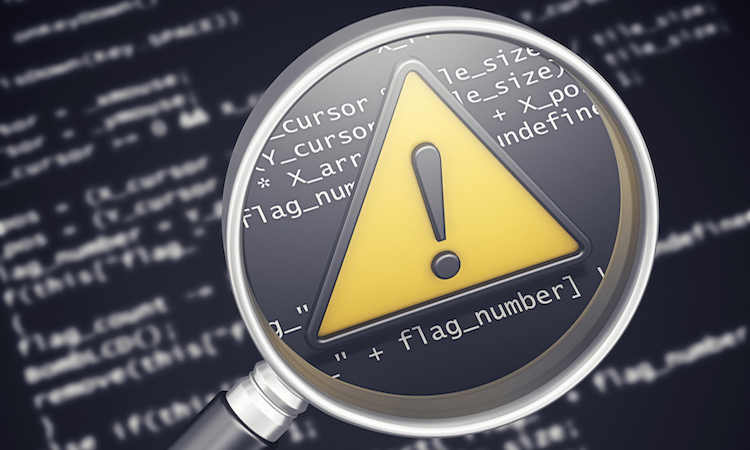OKCoin shut down blockchain-based mutual insurance project
OKCoin announced the shutdown of Bafang, a blockchain-based mutual insurance project, on 9th January 2017. The project was launched on 15th Aug 2016 with initial funding injection of 10 million RMB from the parent company OKCoin.
Bafang boasted to have received 10 million USD venture capital investments from big names like Tim Draper. The Project was launched with high expectations from Star Xu, CEO of OKCoin:
Mutual insurance is born in the age of internet. The application will serve to stabilize the society and representation of the Internet’s core value: I am for everyone, everyone for me.
The good wishes didn’t last long. The shutdown announcement says:
According to the regulatory opinion of the CIRC on the Internet Mutual Aid Program, we have decided to suspend all products of Bafang (Serious illness, Accidental Death and Health Care for Internet Startup Entrepreneurs).
China Insurance Regulatory Commission recently issued a regulatory interpretation on mutual insurance, tone of which is very harsh and clear, far exceeding the supervision of P2P loans. Investors who violate the insurance law will be banned from entering the market.
Bafang is considered the first blockchain-based mutual insurance project and the most promising one so far in the Chinese market. With the blockchain technology, namely features like decentralization, immutability and encryption protection, the trust machine may win new users from the murky traditional insurance market.
A 3-step chart on Bafang’s homepage demonstrate the integration of blockchain technology. Participants must download app first, then activate account by purchasing products and check the unique blockchain-based ID
New users need to pay 8 yuan to join the project, which promise to pay a premium up to 300,000 yuan if compensation claim is verified. Existing user may get their refund by 31st Jan,2017.
From the APP download page, there are only 7,000 counts for the APP. We can infer that the project have not launched any serious marketing or promotions. Currently, mutual insurance projects like Ehuzhu has around 600,000 clients and Shuidi claims to have 1.86 million.
A Chinese startup, BTC123, announced Thursday that the Company was winding down the wealth investment product utilizing Bitcoin. New clients no accepted while existing clients are not affected. Interests and capital of existing clients is to return their accounts as per original terms.
With the recent tightening of regulatory policies in guarantee financial stability, we see the retraction of blockchain startups and innovations with financing business under the name of blockchain. However the impact remains uncertain. A clear regulatory policy may set rules and directions for startups to follow while too many may hinder the exploration of blockchain technology.
 English
English
 Chinese
Chinese







Learn cryptocurrency and digital assets since 2013 and co-founder of 8btc in 2014. Co-author of 2014-2015 Digital Currency Development Report(2015) and Investment Guidelines for Crypto and Blockchain assets (to be published in 2017).
COMMENTS(7)
Here is the link to the original comment thread. Or you can comment here to start a discussion. Author: 8btccom
Worth checking out
I think Bitcoin will do for mankind what the sun did for life on earth.
Snapshots:
This Post - archive.org, megalodon.jp, archive.is*
I am a bot.(Info/Contact)
Sorry for your loss.
PS: Your loss is uninsured.
Health Care for Internet Startup Entrepreneurs. That’s a thing?
From the APP download page, there are only 7,000 counts for the APP. We can infer that the project have not launched any serious marketing or promotions.
I guess they were hoping that the “But with Blokechain!©” feature would sell it for them.
OKCoin announced the shutdown of Bafang, a blockchain-based mutual insurance project, on 9th January 2017. The project was launched on 15th Aug 2016 with initial funding injection of 10 million RMB from the parent company OKCoin.http://news.8btc.com/okcoin-shut-down-blockchain-based-mutual-insurance-project
So it’s a bad news?
Please sign in first